
The Importance of Organizational Food Policies for Jewish Institutions
A brief history of Tu B’Shvat, the New Year for Trees, and what this holiday can teach the Jewish community about our food choices, year-round.

A brief history of Tu B’Shvat, the New Year for Trees, and what this holiday can teach the Jewish community about our food choices, year-round.
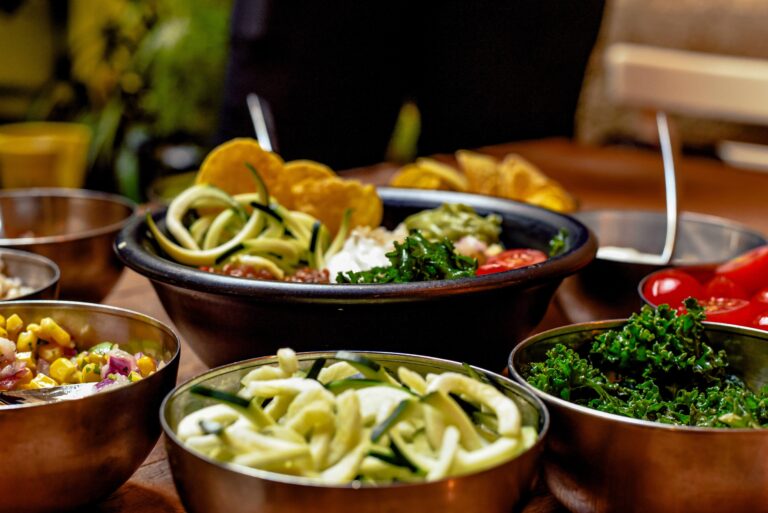
In the face of the widespread harm caused by industrial animal agriculture, in what ways can Judaism promote more sustainable and ethical eating?
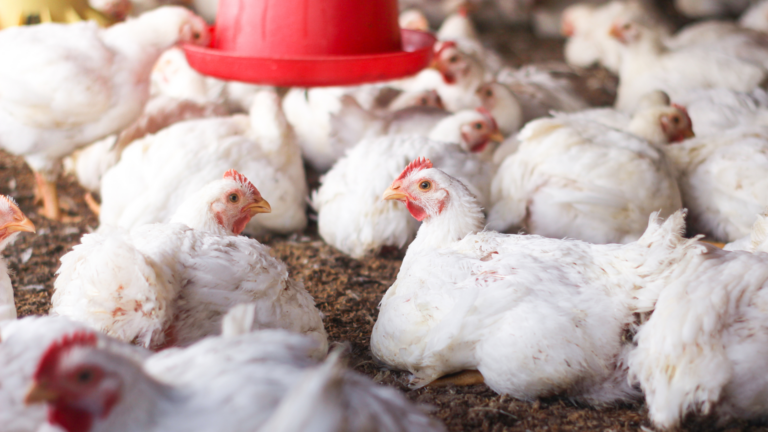
Since kosher certifications lack purview over how animals are bred, treated, and handled prior to slaughter, a third party auditor is one way to verify that farms meet higher welfare standards. Unfortunately, no third party certification currently includes comprehensive standards for kosher meat products, and therefore no kosher meat products are certified as higher welfare.
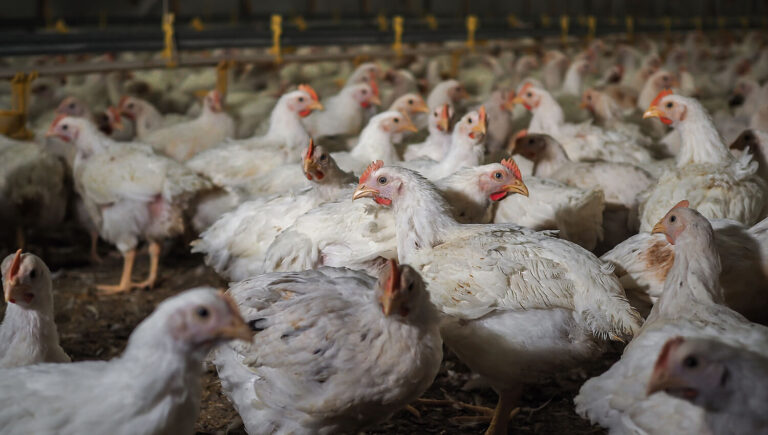
Kosher certifications lack purview over how animals are bred, treated, and handled prior to slaughter. Unhealthy genetics and restricted or no access to the outdoors are conditions consistent across animal production in the United States and, increasingly, the world, including for animals that are certified kosher.
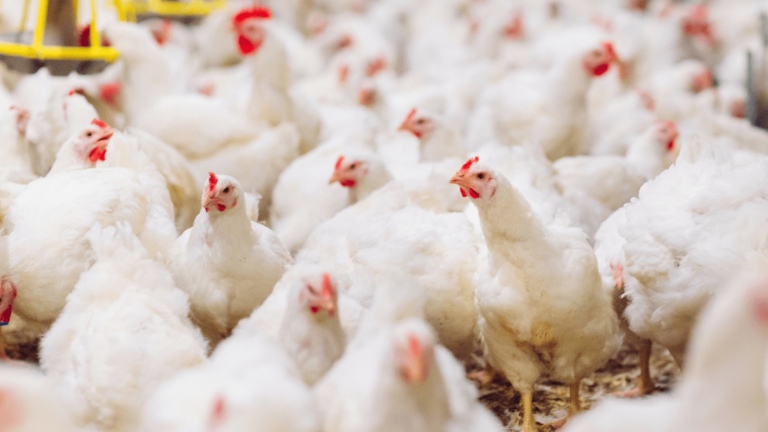
People commonly believe that kosher production is different from the rest of conventional industrial farming, and that animals raised and slaughtered for the kosher market
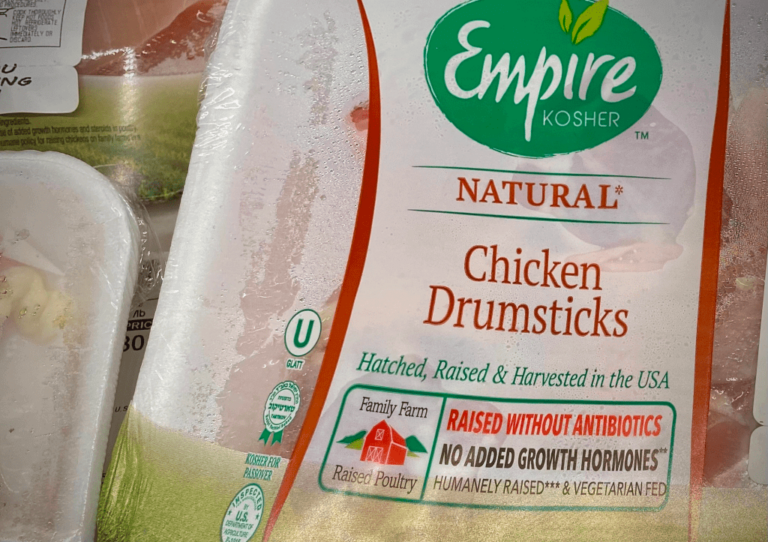
Earlier this year, JIFA released the results of groundbreaking testing of Empire kosher chicken taken directly from grocery store shelves. The drug we found, fenbendazole, is an antiparasitic used widely in industrial animal farming to treat common infections that occur in poultry raised on crowded factory farms.
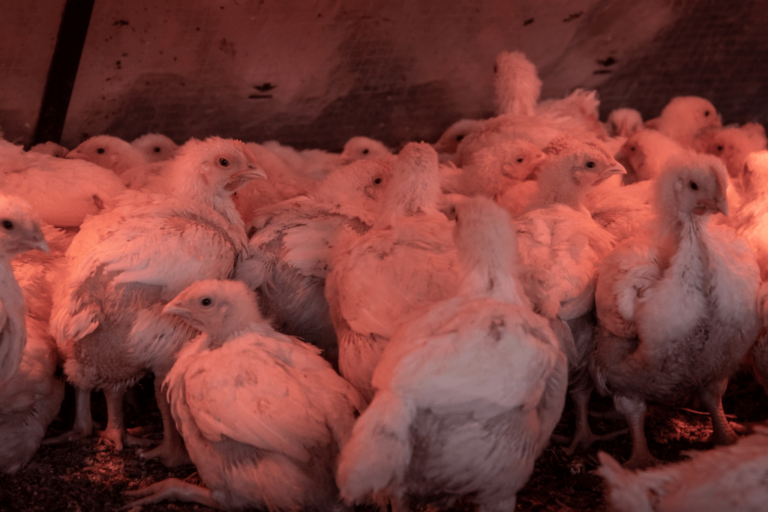
Kosher companies and Jewish media are sounding an alarm that kosher chicken is in short supply in anticipation of Passover.
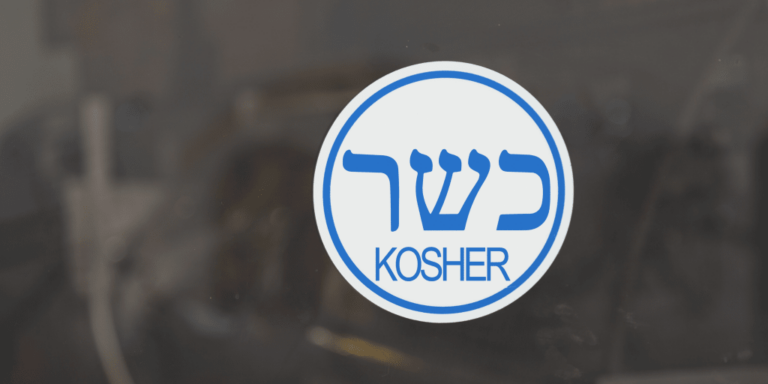
The data confirms what JIFA has inferred from previous research that shows people think kosher food is inherently better: consumers, both Jewish and non-Jewish, extend this belief to the way farmed animals are bred and raised, despite the fact virtually all kosher and non-kosher meat, poultry, dairy, and eggs come from animal raised on factory farms.
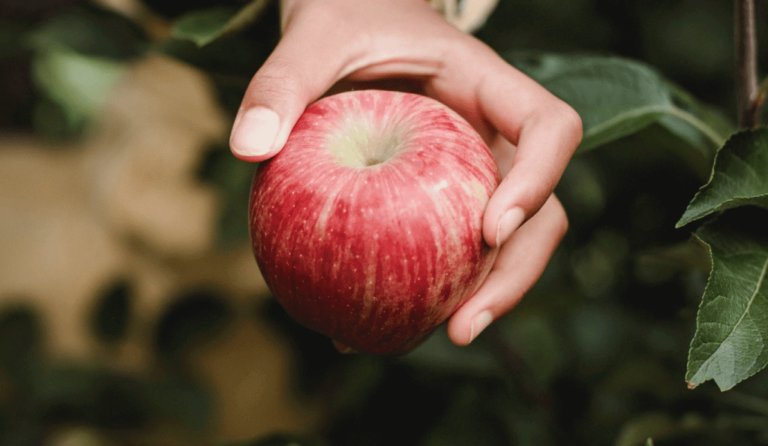
Our modern food system puts little value on rest. Our system operates with an assumption of infinite capacity, and in ignorance of all creation’s basic need for relief.
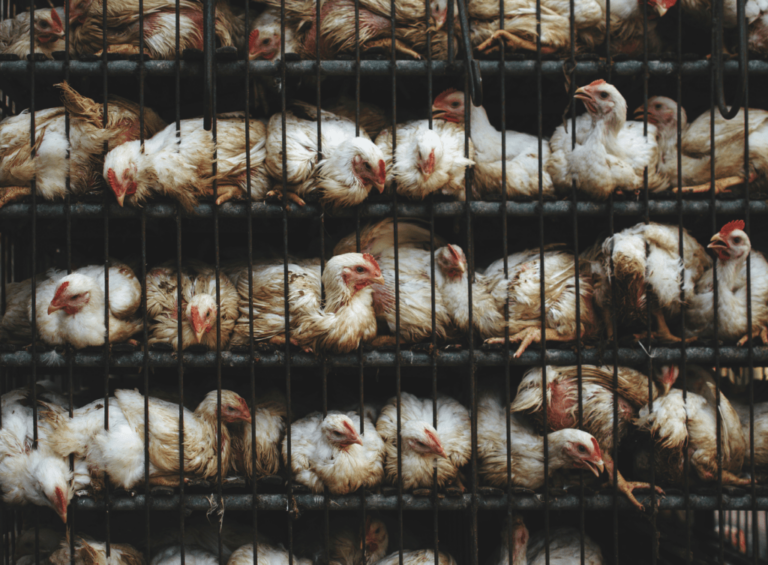
The concept of kosher has been a mainstay of Jewish life for centuries. Ancient kashrut laws have provided Jewish communities with a framework for determining which foods are “fit to eat” and how to slaughter animals according to approved religious procedures.
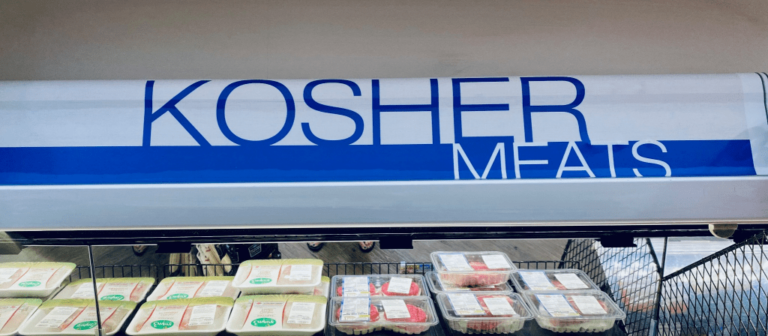
Most kosher-certified animal products—and generally all of the ones found in grocery stores— come from the same factory farms that raise the vast majority of non-kosher animals for food.
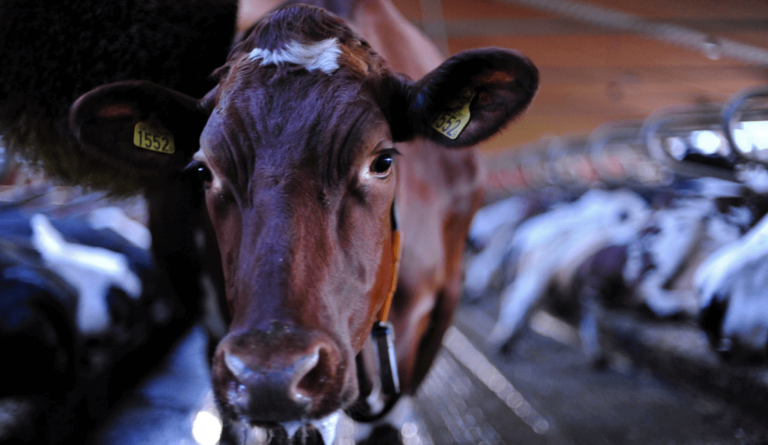
Bans do more to restrict religious practices than to improve conditions for farmed animals—like in the US, most meat, including kosher, comes from animals that spend their entire lives on factory farms.

Serving all or primarily kosher plant-based meals allows institutions to adhere to their kashrut policy, and to articulate Jewish values-based foundations of their practice…And planning events this way by default is not only inclusive of community members with diverse dietary needs and preferences—it helps establish a more sustainable way of eating as the new norm.

Is it possible for day schools to cut out meat? Gesher Day School in Fairfax, VA thinks so. Gesher transitioned from meat heavy lunches to a vegetarian lunch program in 2018, and is recognized by Jewish Leadership Circle (JLC) for meeting the goals of the Plant-Forward Track.
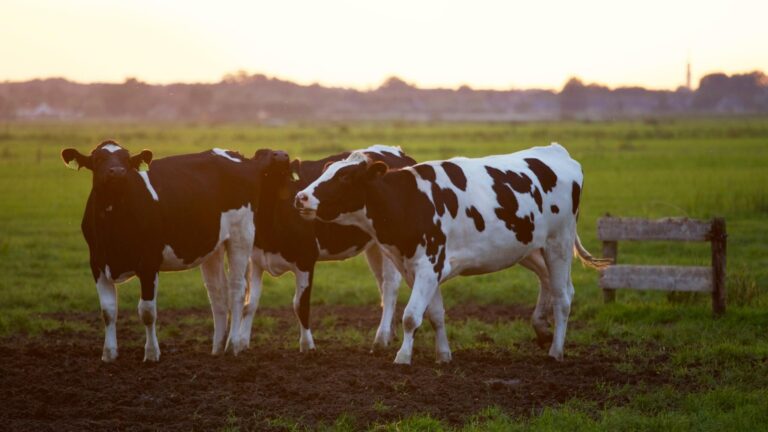
Is cattle production the issue, or is factory farming? There is a growing movement to support regenerative grazing—a traditional form of raising cattle and managing land that has fallen out of vogue in favor of raising cattle on grain in feedlots.
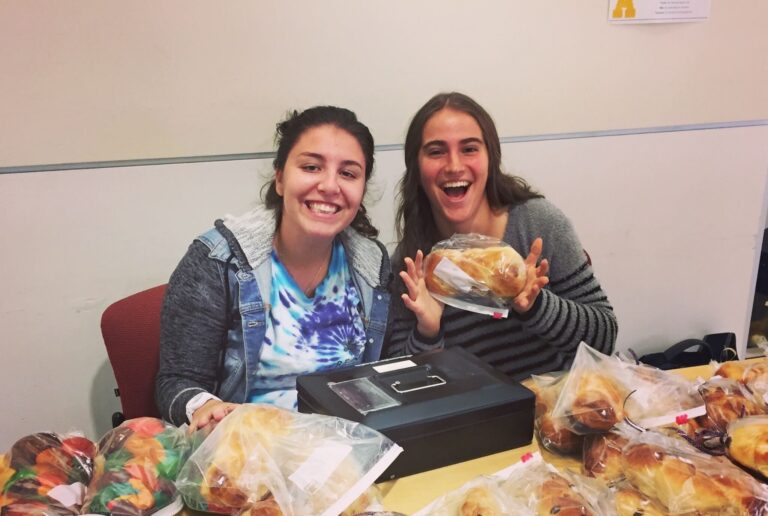
What does taking steps towards serving better food at Hillel look like? Which changes are possible? Will students be on board? Will food be more expensive? The following is an interview with Dr. Adrienne Krone, Assistant Professor of Religious Studies and Director of Jewish Life at Allegheny College, who offers her experience providing values-based food choices at Allegheny’s Hillel in rural Pennsylvania.
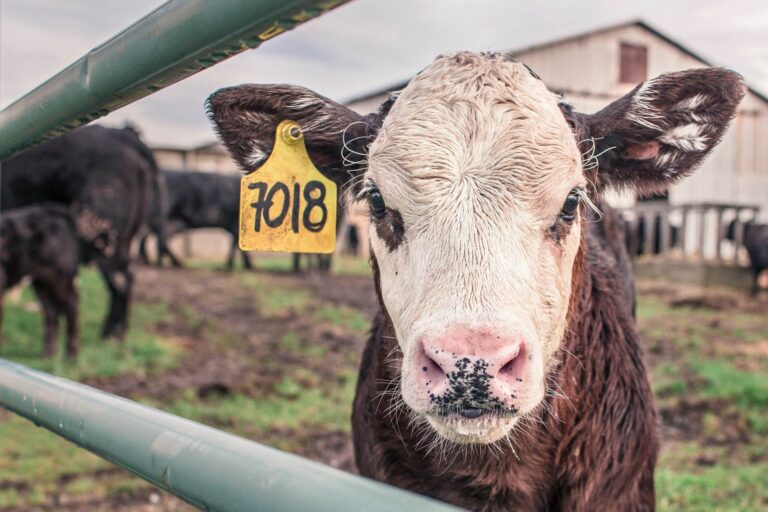
In July 2018, the Orthodox Union (OU) announced that they will no longer certify as kosher any cattle slaughtered using the shackle and hoist method, which has been widely condemned as cruel.1 This victory is the result of years of hard work from the animal protection movement.
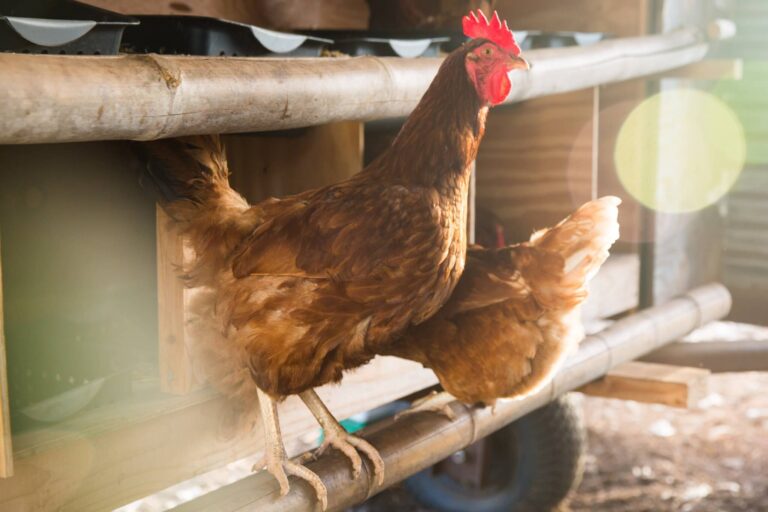
For Coastal Roots, the Jewish value of tzaar baalei chayim, or the prevention of unnecessary suffering to animals, is a fundamental concept to executing their mission of cultivating healthy, connected Jewish communities. By integrating sustainable agriculture, food justice, and ancient Jewish wisdom, the farm staff draws upon Jewish agricultural tradition to inform its growing and production practices.